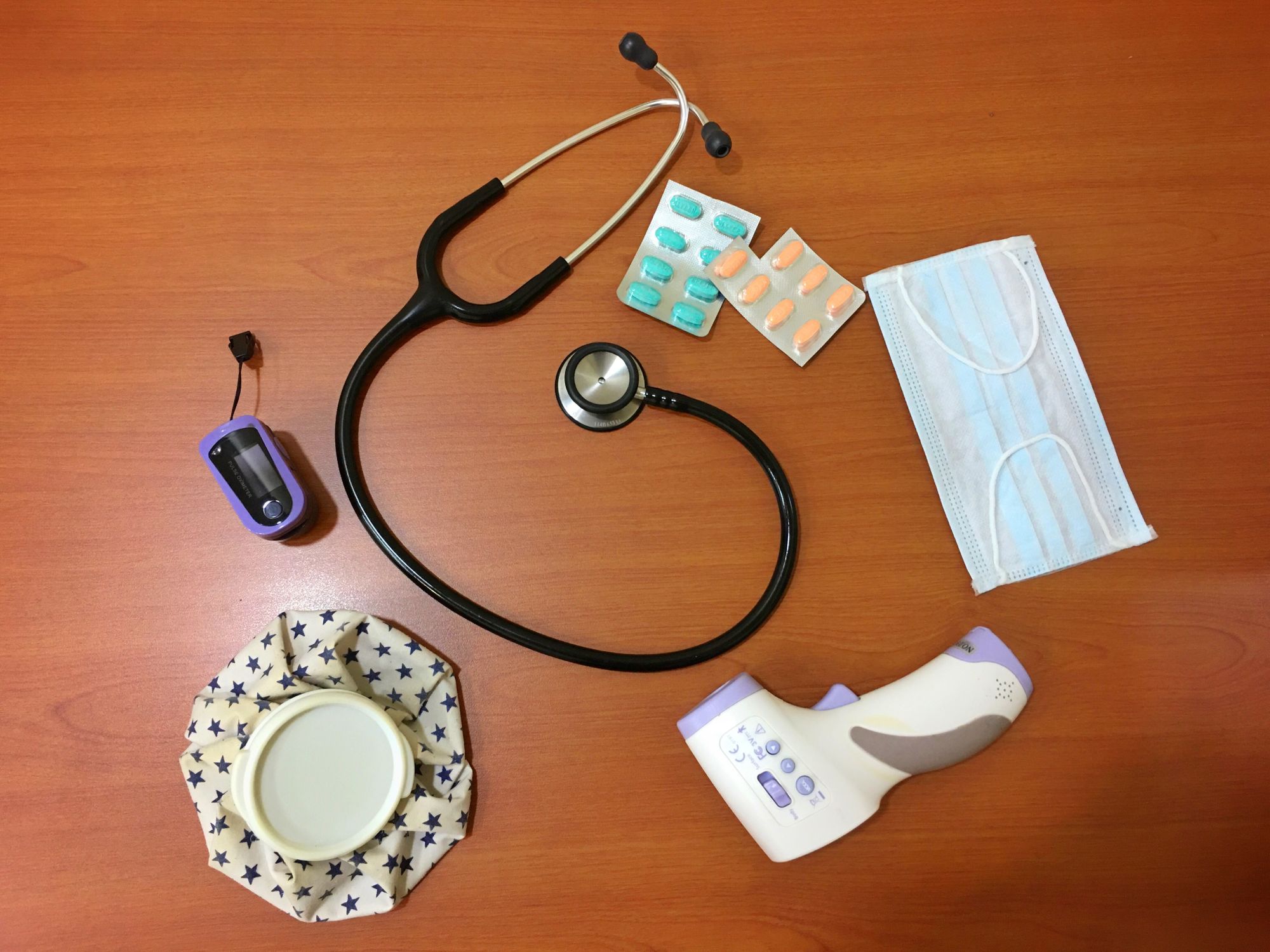There is a lot of confusion about what distinguishes health technology from medical technology. Many people think they're the same and refer to anything related to healthcare as medtech. Have you ever wondered where the differences between healthtech and medtech lie? These two industries are very similar, they both primarily target healthcare markets (such as providers, patients, healthcare industry, pharma, government healthcare services), but they have key differences. Read on to understand these differences.
Healthtech
Healthtech, which is oftentimes referred to as digital health, is the use of technology for better delivery and/or consumption of care. It is mostly about personal health, meaning patients engage with their personal health. It’s basically everything that happens outside of the hospital, like telehealth and personal monitoring. Healthtech is more about prevention and monitoring rather than treatment.
Healthtech operates with various technologies, such as databases, applications, mobile devices, and wearables. An example of this would be wearables that can track patients’ steps, blood sugar, heart rate, and automatically send that information to the health app on their phone. The app then analyzes the healthy habits of the user and gives recommendations and feedback accordingly. According to the WHO the definition of health technology is the application of organized knowledge and skills in the form of medicines, medical devices, vaccines, procedures and systems developed to solve a health problem and improve quality of life.
Healthtech startups are popping up all over the place as people become more and more interested in tracking their health and wellbeing. Whether it’s an app that helps you keep track of your diet or one that monitors your heart rate, healthtech startups are changing the way we think about our health. Here are some popular healthtech startups to follow:
- Antidote Health
Antidote Health’s mission is to provide quality and affordable healthcare. After you sign up the platform will ask you simple questions about your symptoms and medical records before you see a clinician. You can schedule an appointment for a time that is convenient or choose to see a healthcare professional immediately. - Limbix
Limbix provides Digital therapeutics for adolescent mental health. Adolescent depression and suicide are on the rise, yet effective care is limited by long waitlists and large out-of-pocket costs for therapy, limited pharmacological options, and stigma surrounding mental health. Through their SparkRX app they are aiming to treat psychiatric disorders. - AmplifyMD
AmplifyMD facilitates both virtual inpatient care and local outpatient teleclinics, and even specialty care at home, so members don’t have to drive hours out of their way or go without these services. - Recuro Health
Recuro’s Digital Medical Home provides virtual care services, including primary care, behavioral health, and urgent care as well as a suite of supplemental benefits, such as chronic care management, pharmacy, and care navigation all on one platform. - Vira Health
Aimed at improving menopause care, Vira offers personalized digital therapeutics that evolves to become the perfect human and AI driven treatment – ready to help women get relief for the health issues that are unique to them.
Medtech
Medtech is more inclined towards cure-based systems which are used in hospitals. It’s commonly used for diagnosis, patient care, treatment, and improvement of a person’s health. We would even include in this category physician prescribed mobile applications. There are numerous mobile applications that need a physician’s prescription in order to download. For example BlueStar —the app helps people with type 2 diabetes –the most common form– by nudging them when it’s time to check their blood sugar levels.
Medtech includes equipment, devices, machines, software, and tools. They have a regulated path to market since they may have a severe effect on people’s health. They are also more heavily regulated to protect patients’ privacy since there is a constant flow of information. The main regulation is HIPAA compliance, which is a federal law that required the creation of national standards to protect sensitive patient health information from being disclosed without the patient’s consent or knowledge. To learn more about this read our dedicated post on HIPAA compliance.
Some popular medtech companies to follow are:
- Zeit Medical
A smart headband that constantly monitors the electrical activity of your brain and gets help immediately, should the person need it. It provides peace of mind to those affected by neurological injury and empowers physicians to diagnose and treat with precision. - 4C Medical
A Medical startup that has created a device that they believe to be a solution to invasive surgeries for structural heart disease. The AltaValve device is designed to minimize the risks associated with transcatheter mitral valve replacement. - Bloomllife
Bloomlife is a healthcare startup developing clinically certified wearable medical devices for pregnant women to improve birth outcomes. Bloomlife has identified that there are significant and underrated challenges in prenatal healthcare, and have created a wearable solution with data analytics to help doctors predict and pre-empt any pregnancy complications. - Encellin
Encellin is a MedTech startup based in San Francisco, pioneering a novel thin-film cell encapsulation device for cell-based therapeutics. Behind Encellin’s medical innovations is a team of dedicated scientists working on the advancement of next-generation therapies. Encellin’s mission is to help alleviate the suffering of chronic patients, beginning with Type 1 diabetes as its primary focus. - FibriCheck
FibriCheck is a medically certified screening and monitoring app, on prescription which is used to detect irregular heart rhythms, including atrial fibrillation. This medical software solution requires the user to place their finger on the camera of the smartphone to measure the cardiac rhythm easily. The data is recorded and shared with a medical professional to increase the efficiency of diagnosis and prognosis.
As expressed above there are many tools and devices related to digital health and medtech. Some of them are for diagnostic matters and prevention methods, some are focused on providing a better quality of life to those suffering from chronic illness.
In conclusion HealthTech is implemented through different forms of technology such as wearables, applications, or databases, whereas MedTech is implemented through medical equipment, prosthesis, and tools. Although, there’s one aspect where they are similar: both types connect technology with healthcare.
The difference in taxonomy really stems from the use of different terms in different parts of the world. In the US “health technology“ is widely used as the all-encompassing term for technology associated with health while in Europe they rely on terms such as "medical devices", "diagnostics", "biotech" or "medtech" for broader definitions. We’ve gathered that, while using these terms, it’s important to have a clear product definition and clear user personas regardless of the term used so everyone is on the same page.
According to the FDA the broad scope of digital health includes categories such as mobile health (mHealth), health information technology (IT), wearable devices, telehealth or telemedicine, and personalized medicine. Whether you have a healthtech or medtech product, if you’re looking for extra help we can jump in and bring all of our expertise to the table to ensure your project's success. To get a better sense of our experience check out our work.




